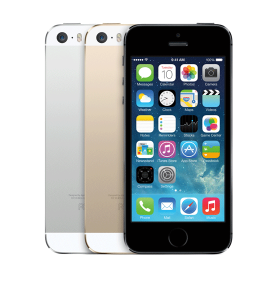 The US wireless phone market has been messed up for some time. This has a lot to do with the multi-year contracts that consumers are required to sign in order to get their smartphones at low prices which I discussed in detail in my Tech Rant from last year. When you buy a phone in the US, that phone is locked specifically to a carrier. It is possible to buy some phones that are unlocked but they are extremely expensive. The only way to use most phones with another carrier is to unlock the phone. The problem is that the Library of Congress in 2012 denied the ability for consumers to do this.
The US wireless phone market has been messed up for some time. This has a lot to do with the multi-year contracts that consumers are required to sign in order to get their smartphones at low prices which I discussed in detail in my Tech Rant from last year. When you buy a phone in the US, that phone is locked specifically to a carrier. It is possible to buy some phones that are unlocked but they are extremely expensive. The only way to use most phones with another carrier is to unlock the phone. The problem is that the Library of Congress in 2012 denied the ability for consumers to do this.
The whole problem is that the wireless carriers essentially claimed that consumers are locked into their phone usage because they are renting the software from the phone manufacturers and unlocking the phones would violate the DMCA’s copyright circumvention statutes. In reality, they don’t want consumers to purchase the subsidized phones through them and then use them on other services. The thing is the contracts already have early termination fees to recoup the costs of the subsidies if someone tries to leave the contract. After the ruling, consumers had to request a carrier to unlock their phone to use on another network after the contract period had expired but the carrier could still deny the request. Needless to say, this made many people except the wireless carriers very upset.
Consumer petitions spurred Congress to actually produce the that passed the Senate and then the House. The bill essentially negates the Library of Congress ruling banning consumers from unlocking their phone. If a phone carrier denies a consumer the option to unlock it, they can use a third party to unlock the phone for them. The downside is that this only applies to phones and not other devices like tablets or laptops with built in wireless features. In addition, the bill essentially reverses the last review of the Library of Congress regarding their denial of the unlocking exception for the DCMA. So it is possible that the ability to unlock a phone could be negated again in the next review of the DCMA at the end of 2015.
The bill also has not been signed by the President yet but he pledges to sign it this coming Friday.
